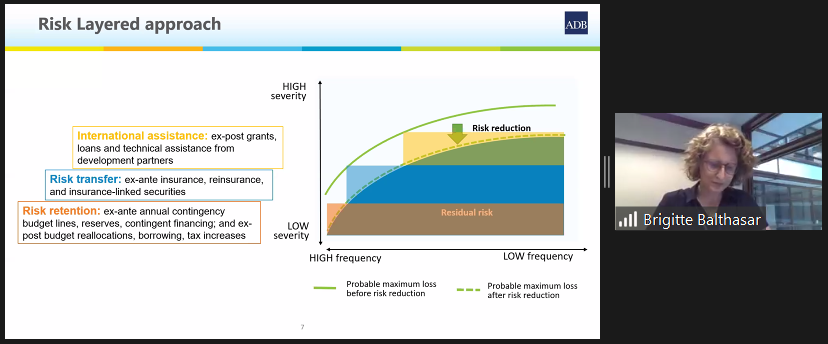Home > Programs >
Environmental Sustainability
Environmental sustainability is defined as a responsible interaction with the environment to avoid depletion or degradation of natural resources and allow for long-term environmental quality. It is inevitably associated with the perspectives on human needs and well-being. In this sense, environmental sustainability is mutually reinforcing economic and societal sustainability. In other words, it is essential to live within the earth’s planetary boundary so as not to jeopardize the ability for future generations to meet their needs.
As part of the global and local efforts to meet the human-ecosystem equilibrium, CIFAL Jeju/JITC organizes environmental workshops on a variety of relevant topics like climate change and green growth, carbon-free development, waste management, e-mobility, and environmentally sound technologies. Serving as a venue to share policy experiences and action plans, the Center joins the effort of the global community in moving towards a more sustainable future.
As part of the global and local efforts to meet the human-ecosystem equilibrium, CIFAL Jeju/JITC organizes environmental workshops on a variety of relevant topics like climate change and green growth, carbon-free development, waste management, e-mobility, and environmentally sound technologies. Serving as a venue to share policy experiences and action plans, the Center joins the effort of the global community in moving towards a more sustainable future.
[April 11-18, 2023] Workshop on Disaster Risk Reduction, Risk-informed Governance, Finance Mechanisms and Innovative Solutions for Local Resilience

 2024.05.29
2024.05.29

 2024.05.29
2024.05.29







